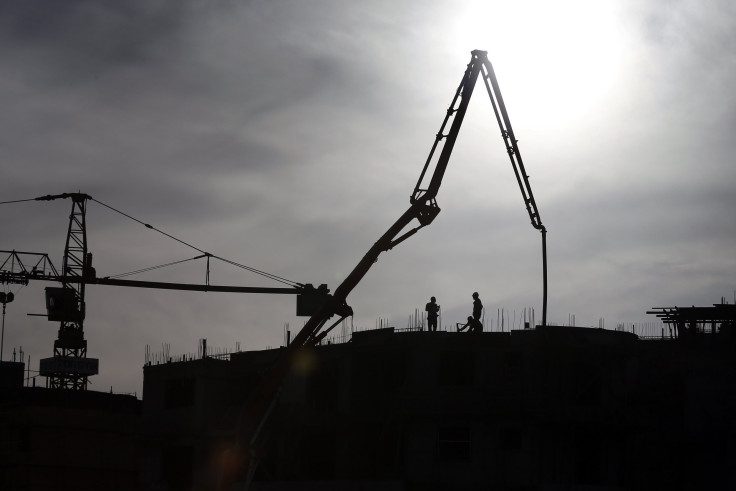Jerusalem To Turn Medieval Palestinian Muslim Cemetery Into Commercial Site Despite Protests

A construction plan for the site of a historic Muslim cemetery has gained approval from the Jerusalem municipality despite protests. Today, a single school sits atop the site – now a large park – but blueprints include large-scale residential and commercial development, the Israeli newspaper Haaretz reported Monday.
Nearly 200 housing units are to be built, as well as a 480-room hotel and other commercial properties. Eden, a city-owned company that promotes urban development, is behind the project. Before beginning construction, it will have to find a place to relocate the Experimental School located at the property now.
The municipality has long wished to relocate the school and commercially develop the site. Previous plans to build a new courthouse were overturned, however, when the Israeli Supreme Court president at the time expressed concern over the fact that for centuries the site was as a prominent Muslim cemetery. Israel's Antiquities Authority found skeletal remains in five of six probes in the school’s playground.
Plans by the Simon Wiesenthal Center, a U.S.-based Jewish organization, to open a museum adjacent to the site also angered Palestinians, who said the project violated its stated mission of promoting tolerance. The Islamic Movement and other organizations tried unsuccessfully to thwart the construction plan after hundreds of skeletal remains were found in 2010. Though they were able to postpone the plan with a petition to the court, the plans ultimately moved forward.
Jerusalem, East and West, is today a majority Jewish city with around a 35 percent Muslim population. The city, considered holy by Muslims, Jews and Christians, is claimed by both Palestinians and Israelis as their rightful capital.
Construction and archaeology have long been at the center of these tensions. Last year, the mostly Palestinian residents of Jerusalem's Silwan neighborhood protested the government's approval of plans for an archaeological tourist center in the neighborhood. Palestinians said it was insensitive to their needs and worked to further entrench Jewish settlements in their neighborhood. The city ultimately passed the plan with the argument that it would benefit the area.
© Copyright IBTimes 2024. All rights reserved.






















